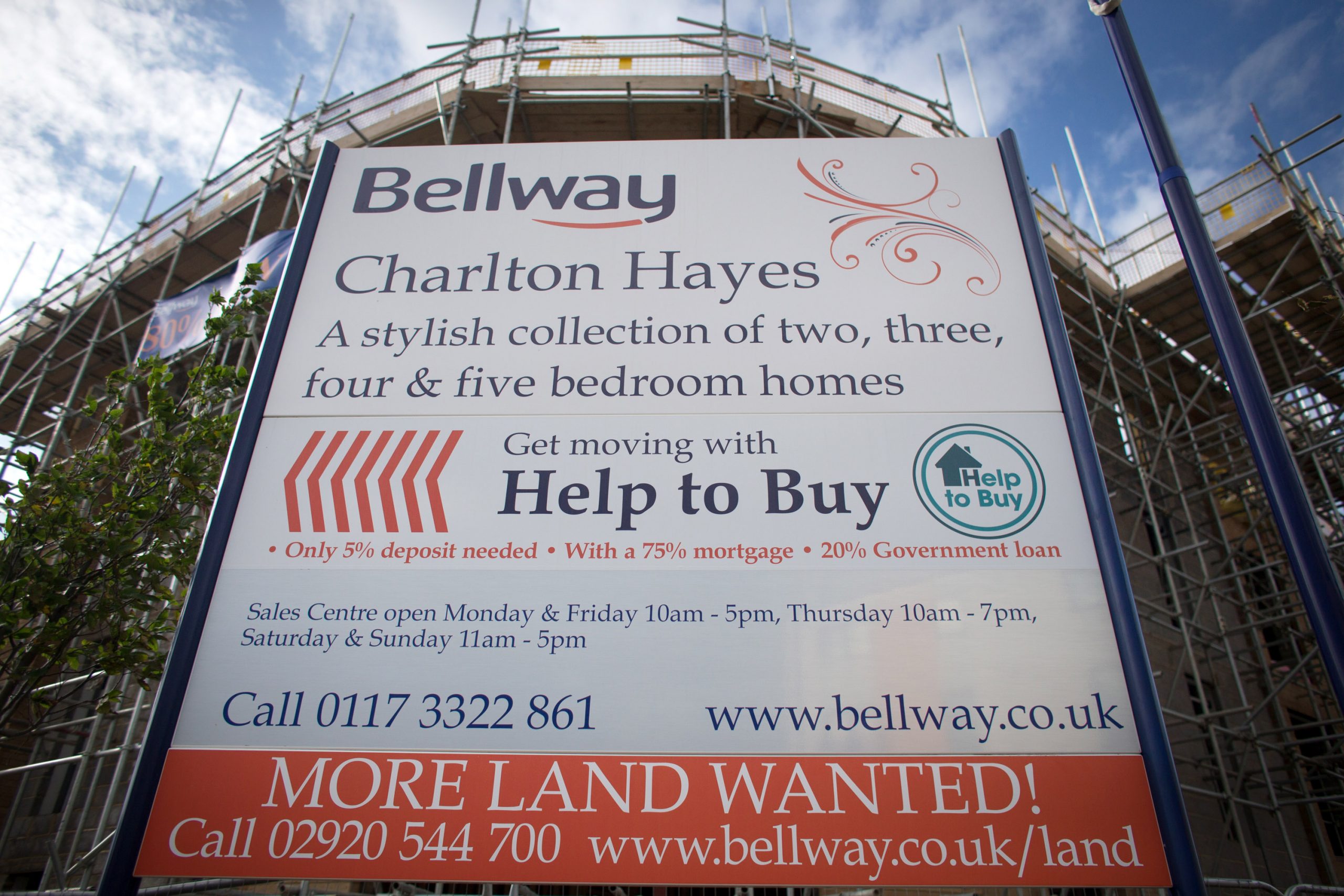
The government’s new First Home scheme will fail to deliver affordable housing to 96 per cent of average earners, according to an analysis by the housing charity Shelter.
First Homes provides a discount of up to 30 per cent on the price of a home for first-time buyers, serving members and veterans of the Armed Forces, and key workers such as nurses, police and teachers. Under the scheme, a number of new-build homes are eligible for the discount. The discounts are planned to be “perpetual”, so the discount rate is passed on to future first-time buyers who may buy the same property. However, this will still be out of reach for many of those in housing need. For example, two thirds of private renters have no savings – leaving them far short of the deposit to take advantage of the discount.
The current government consultation on First Homes does admit that “a 30% discount may not, however, be sufficient to ensure First Homes are affordable to local people in areas where affordability is particularly challenging, such as London and the South East” and goes on to say local councils could set a higher discount on a site-by-site basis. Councils have responded urging caution and highlighting that further building of social housing and reforming Right to Buy to set local discounts would be better options for them.
First Homes will also be funded through Section 106 developer contributions, which are intended to fund local infrastructure. This has led to criticism that the scheme is taking money away from genuinely affordable and social rented housing. The government has mooted a target of 19,000 First Homes to be built by the mid-2020s, that compares to around 1,000 homes with similar discounts being built at the moment, and the 6,000 social homes built last year (compared to 17,000 lost through Right to Buy).
The scheme is one of a number of attempts to reverse the decline in home ownership, particular among younger people. Currently, just over two in five 25 -34 year-olds owns their home compared to a high of 59 per cent seventeen years ago. The Cameron government’s Starter Homes policy was slammed by the National Audit Office for failing to deliver a single new home. George Osborne’s flagship Help to Buy programme, launched in 2013 to support access to home ownership through interest free loans worth 20 per cent of the value of a home, was heavily criticised for raising house prices and boosting the profits of developers.




